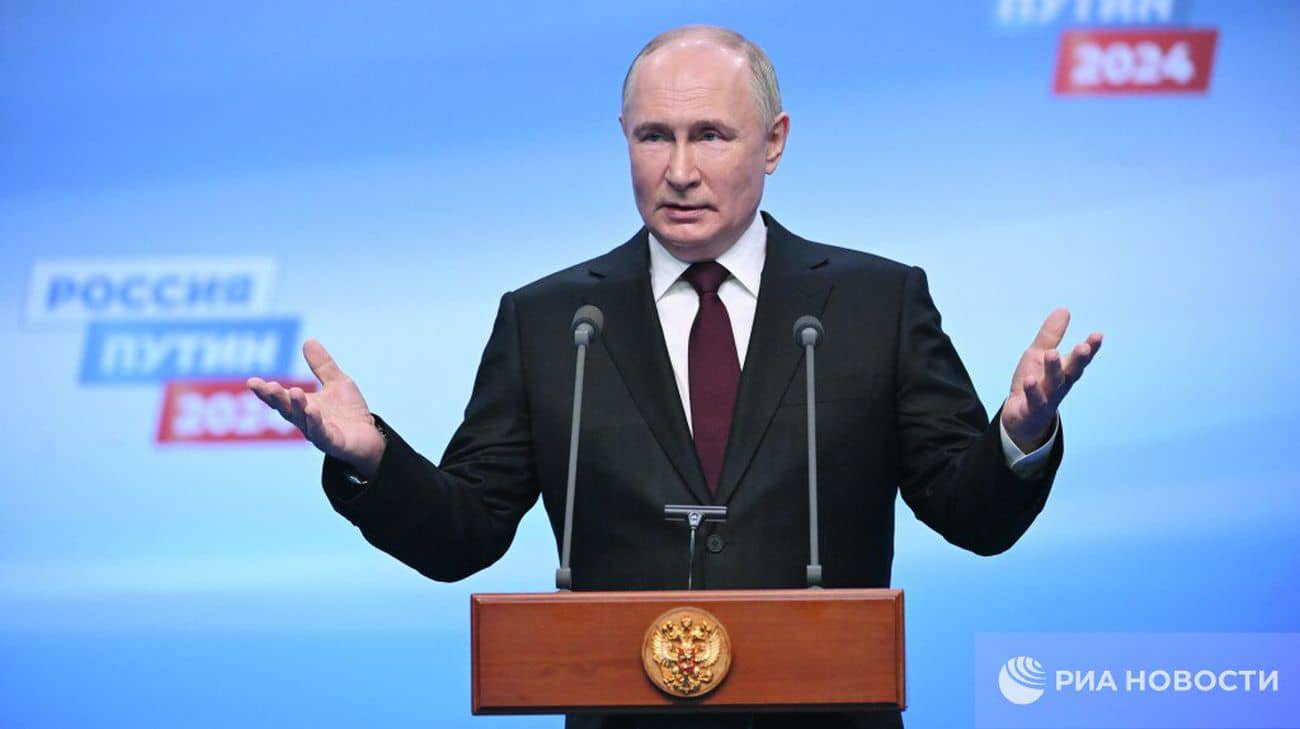Sainsbury’s: FTSE 100 retailer warns Reeves’ budget may push up food prices
Chief executive of Sainsbury’s Simon Roberts has warned that Reeves’ decision to increase employer’s national insurance contributions (NICs) by 1.2 per cent to 15 per cent next April could lead to price inflation. Sainsbury’s has estimated the cost of the change at £140m, according to the Guardian. “This industry operates on very low margins, and there just [...]


Chief executive of Sainsbury’s Simon Roberts has warned that Reeves’ decision to increase employer’s national insurance contributions (NICs) by 1.2 per cent to 15 per cent next April could lead to price inflation.
Sainsbury’s has estimated the cost of the change at £140m, according to the Guardian.
“This industry operates on very low margins, and there just isn’t the capacity in the structure of the way the supermarket industry works to absorb these level of costs without some impacts on inflation.
“I think given the speed these costs are coming at, they will be inflationary. We’ll do everything we can to mitigate that impact but there will be inflationary impacts, because our costs are going up,” he said.
Separately, Sainsbury’s told markets this morning that profit after tax in the first half of the year fell by 51 per cent to £76m due to post-tax costs of £176m predominantly related to the restructuring of the financial services division.
However, the company’s grocery sales rose by five per cent, ahead of the market, and retail sales rose by 3.4 per cent.
Growth in the retail arm offset a five per cent decline in sales at Argos, the company said.
Overall, the firm reported a total underlying profit before tax of £356m, up 4.7 per cent.
Sainsbury’s bank sale hits profit
In January, Sainsbury’s announced a withdrawal from its core banking business and, in June, said it would sell most of its banking operations to Natwest.
Sainsbury’s paid Natwest £125m for its banking arm, although it expects Sainsbury’s Bank to eventually return the supermarket at least £250m of excess capital for distribution among shareholders.
That deal came four months after rival Tesco sold its core banking arm to Barclays for £600m as part of its “food first” push.
Sainsbury’s reduced its financial services underlying operating profit guidance to between £15m and £25m. It was previously between break even and £15m.
Chief executive Simon Roberts said: “Our food business is going from strength to strength and we’re making the biggest market share gains in the industry, with continued strong volume growth. More and more customers are coming to us for their big food shop, recognising our winning combination of value, quality and service.
“Our grocery volume growth has delivered strong profit leverage at Sainsbury’s, partially offset by a tough first quarter at Argos. Argos trading has improved through the second quarter and in more recent weeks, so we continue to expect to deliver strong retail underlying operating profit growth and free cash flow generation for the full year.
“As we head into the festive season, there is real energy and excitement at Sainsbury’s and Argos and we’re expecting another strong performance.”
Sainsbury’s kept its retail guidance unchanged, with underlying operating profit expected between £1bn and £1.1bn, growth of between five per cent and 10 per cent.



